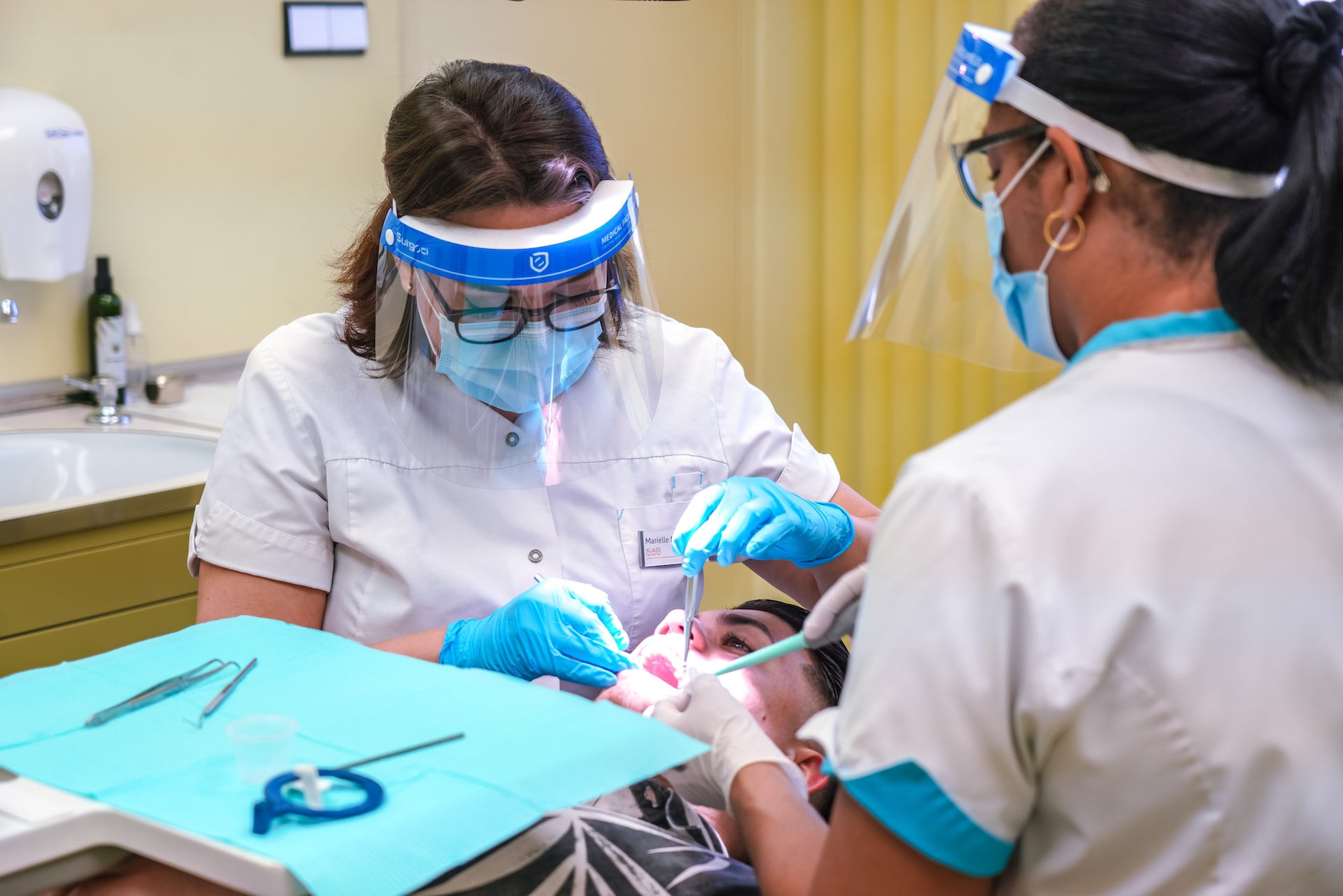Jan
27

Toothache can be an incredibly painful experience, and in most cases, severe toothache necessitates an emergency dental appointment with your local surgery. If you’ve been experiencing toothache (or any other dental-related symptoms) and are unsure whether or not they require intervention, this article should help you determine when you need to call your dentist (and when you don’t.) Let’s take a look!
What is a dental emergency?
A dental emergency is a situation in which an individual’s dental symptoms require immediate intervention from either a medical professional or their personal dentist. A dental emergency can be any of the following:
Severe, persistent toothache that is worsening over time
Any toothache that prevents you from carrying out your usual day-to-day activities must be seen to by a dentist as soon as possible. This is especially true if you’re unable to soothe any discomfort using over-the-counter painkillers; severe toothache can be caused by an infection, an abscess, or a broken filling, all of which require dental intervention.
A tooth abscess
A tooth abscess is a collection of pus in your gums, and can be both incredibly painful and dangerous if left untreated. If you think you have a tooth abscess, contact your dentist right away. If you have a tooth abscess combined with a fever, chills, disorientation or a general feeling of being unwell, call 999.
A lost or loose tooth (due to injury)
If you’ve recently incurred a physical injury which has caused one of your teeth to loosen significantly or fall out, this also constitutes a dental emergency and should be seen to by a dentist as soon as possible. If you manage to get seen by a dentist in time, they may be able to re-attach your tooth – but this is incredibly time-sensitive.
Non-stop bleeding
If you notice non-stop bleeding either from your gums or a tooth, this should be seen by a dentist right away. This can occur after certain dental procedures, such as a tooth extraction.
Complications after a tooth extraction (bleeding, swelling)
The period after a tooth extraction can be incredibly delicate, and you may notice pain, swelling, and bleeding around the extraction site. If this persists after your procedure, contact your dentist for an emergency appointment.
Also Read: Emergency Dentist vs. Regular Dentist
When is it not a dental emergency?
In some cases, treatment from an emergency dentist isn’t required. The following are not considered dental emergencies:
Chipped tooth
A chipped tooth, whether it occurs through injury or simply biting into solid food, is not considered a dental emergency. However, you should nonetheless contact your dentist for an appointment, rather than waiting until your next check-up. Where possible, save any pieces of chipped tooth and rinse them using milk.
Mild toothache
If you’re experiencing mild toothache that doesn’t interrupt your day-to-day activities, you most likely don’t need to be seen by an emergency dentist. However, toothache can worsen over time, so make sure to get seen by a dentist within 1-2 days. If you think that your toothache is due to an abscess or infection, request an emergency dentist appointment.
Lost fillings and crowns
If you happen to lose a filling or a crown, this isn’t considered a dental emergency. However, you should still book an appointment with your local dentist so that it can be safely re-fitted again, ideally within a week.
Read Next: The Importance of Regular Dental Checkups
What to do if you have a dental emergency
If you’re experiencing a dental emergency, contact your usual dental practice and ask if they have any appointment slots available that day, while making sure to explain your symptoms. If you’ve lost a tooth due to injury, you should try to get seen within an hour, as this maximises your chances of the dentist being able to reattach your tooth.
If your local surgery is unable to offer you an appointment, you can contact any other local surgeries and ask for an appointment with an emergency dentist. Depending on whether or not you’re seeking treatment from an NHS service, you may be liable for the full cost of your procedure.
When to call 999
In some cases, dental emergencies can progress into serious, life-threatening conditions. In the case of an infected tooth abscess, call 999 or head to your local emergency A&E if you have a persistent toothache combined with any of the following symptoms:
- Fever
- Clammy, cold skin
- Elevated heart rate
- Low blood pressure
- Feeling confused or disoriented
These can all be signs of sepsis, which can occur if an infected tooth abscess spreads to the bloodstream. Sepsis can be fatal if not treated quickly, so call 999 if you experience any of these symptoms. Don’t wait for confirmation from your dentist first – sepsis is extremely time-sensitive.
FAQs
Should I go to the hospital if my toothache is unbearable?
When it comes to your health, always trust your instinct. If your toothache is debilitating and worsening quickly, this could be caused by an infected abscess, which requires medical treatment to prevent the infection from spreading.
Can I go to A&E for a toothache?
If you think that your toothache is caused by a dental abscess, and the pain is increasingly severe, you should head to your local A&E to ensure that the infection doesn’t spread to your bloodstream.










